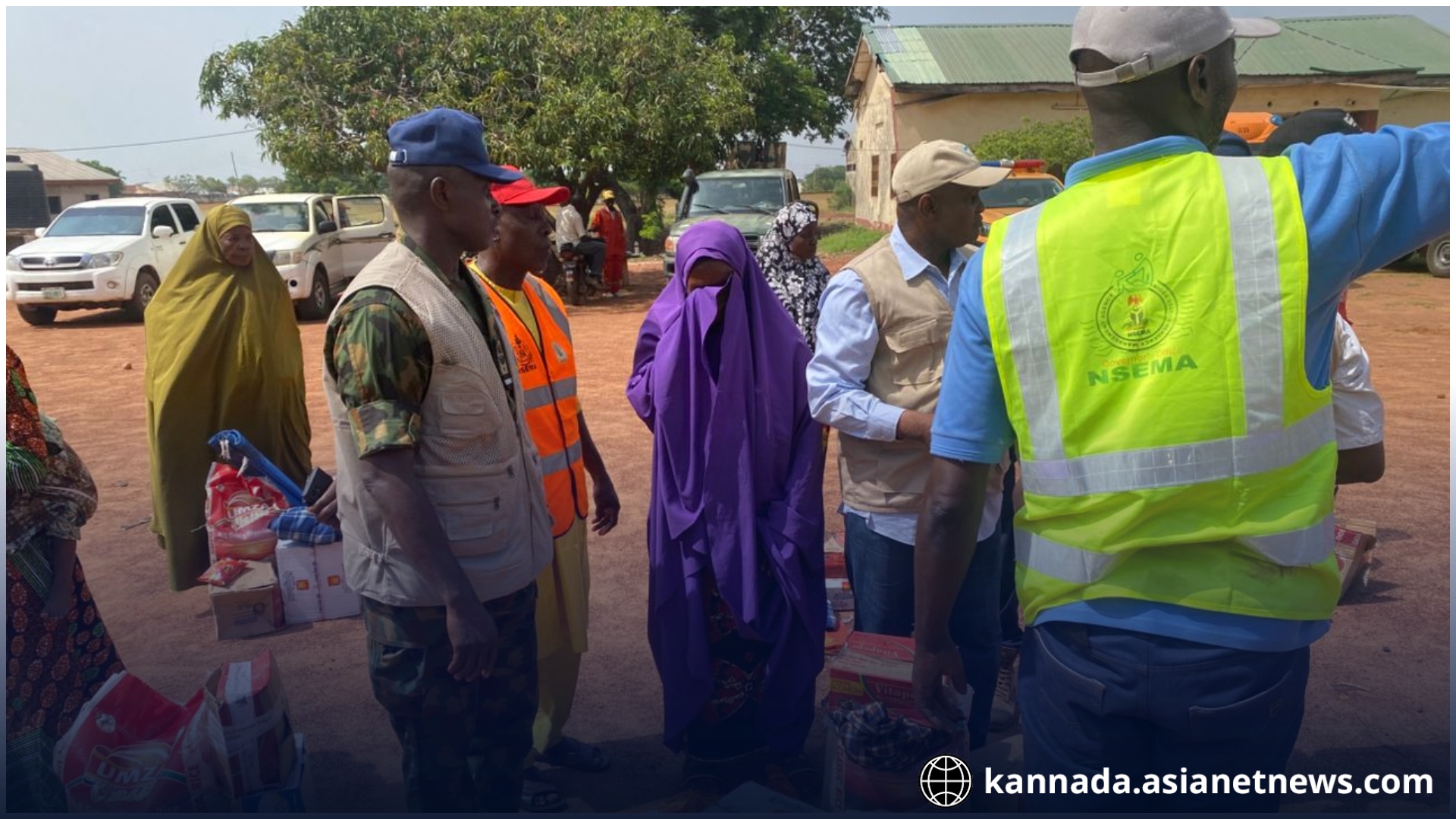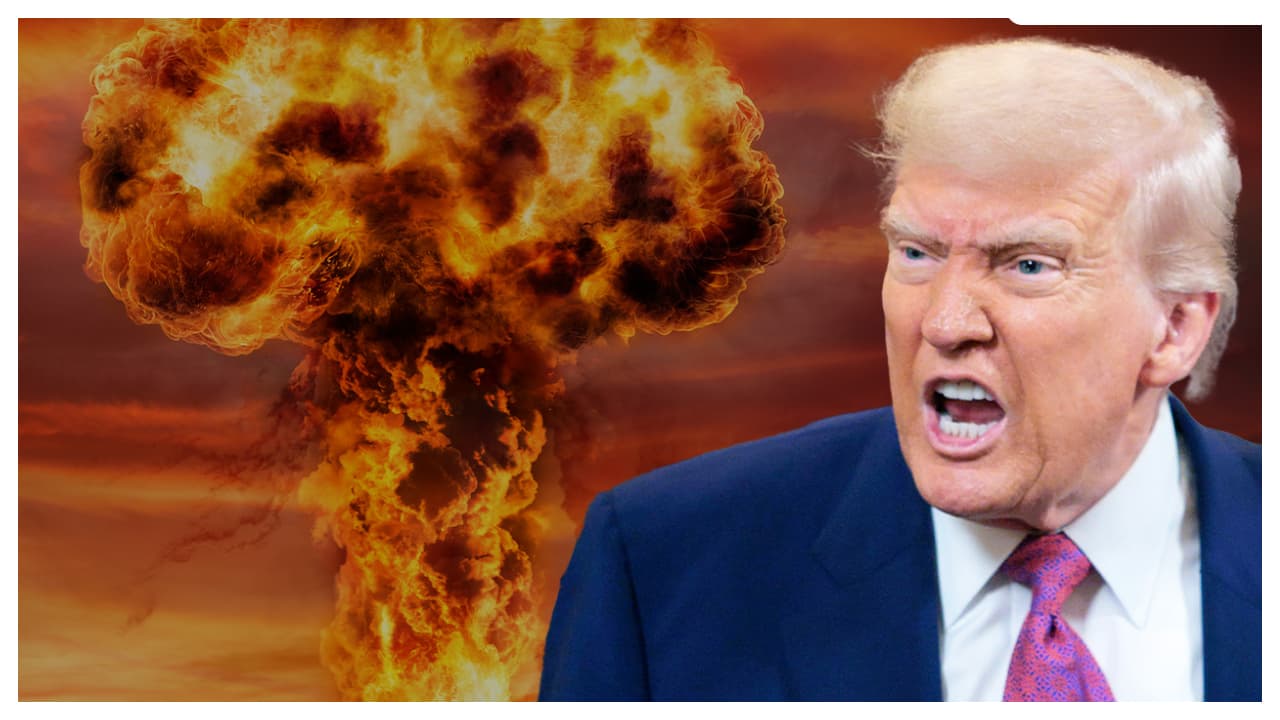Trump’s threat of military action in Nigeria over Christian killings raises questions on aid, sanctions, and ongoing conflict.
US President Donald Trump has threatened to take military action in Nigeria, warning he could go “guns‑a‑blazing” to stop Islamic extremists accused of targeting Christians. The Nigerian government responded that it would welcome American assistance against terrorism, but only if its sovereignty was respected.
Daniel Bwala, an adviser to President Bola Tinubu, told Reuters, “We welcome US assistance as long as it recognises our territorial integrity.”
Trump’s comments came in a Truth Social post on November 2, where he said, “If the Nigerian Government continues to allow the killing of Christians, the U.S.A. will immediately stop all aid and assistance to Nigeria.” He added that he had instructed the Department of War to prepare for possible action, promising any strike would be “fast, vicious, and sweet.” US Secretary of War Pete Hegseth echoed the warning on X, saying, “Either the Nigerian Government protects Christians, or we will kill the Islamic Terrorists who are committing these horrible atrocities.”
Nigeria Designated ‘Country of Particular Concern’

Just days earlier, Donald Trump had announced that Nigeria was being designated a “Country of Particular Concern” under the International Religious Freedom Act of 1998. The designation, which Trump had previously applied during his first term but was later lifted by Joe Biden, is reserved for nations accused of severe violations of religious freedom.
The label allows Washington to impose sanctions or restrict aid. Other countries currently on the list include China, Iran, North Korea, Russia, and Saudi Arabia.
The move carries weight because US assistance to Nigeria is significant. In September, Washington approved $32.5 million in aid to address hunger. In August 2024, the US mission in Nigeria confirmed the country would receive $27 million as part of a $536 million humanitarian package for Sub‑Saharan Africa.
Trump’s stance also reflects his political focus on white Christian voters, a key demographic for his party. He previously spoke about “genocide against White people” in South Africa, linking his rhetoric to religious and ethnic violence abroad.
The Conflict in Nigeria
Nigeria has faced years of violence from extremist groups. Boko Haram and the Islamic State West Africa Province (ISWA) are the main perpetrators, fighting the Nigerian state and attacking those they consider the wrong kind of Muslim. Their victims include Christians, Shia Muslims, and civilians across the northeast.
In central Nigeria, violence also stems from clashes between herders, who are mostly Muslim, and farmers, who are largely Christian. These disputes are driven by competition for land and water.
Data from the Armed Conflict Location and Event Data program shows 20,409 deaths from 11,862 attacks on civilians between January 2020 and September 2023. Of these, 385 incidents were specifically identified as targeting Christians, resulting in 317 deaths. In the same period, 417 Muslims were killed in 196 attacks.
Boko Haram, founded in 2002, seeks to establish an Islamic caliphate and eliminate Western influence. The group gained global attention in 2014 after kidnapping 276 schoolgirls from Chibok, sparking the “Bring Back Our Girls” campaign. More than 50 of those girls remain missing over a decade later. The group’s name translates roughly to “Western education is forbidden.”
Analysts argue that Nigeria’s violence is not only religious but also rooted in economic inequality and colonial legacies. British rule, which ended in 1960, left behind deep divisions and uneven development, particularly disadvantaging the north. Inequality remains high today.
Nigeria is Africa’s largest oil producer and one of its biggest economies. It is home to the Dangote Petroleum Refinery, the continent’s largest, which recently announced increased security measures as the country seeks to reduce reliance on imported fuel.
What Could the US Do?
Despite Donald Trump’s threats, the scope of possible US action remains unclear. He has often opposed American involvement in foreign wars, preferring to cast himself as a peacemaker. Any military strike in Nigeria would require identifying small, dispersed targets across a vast territory.
Complicating matters, the US no longer operates its base in Niger, Nigeria’s northern neighbor. The base, once used to monitor extremist activity in the Sahel, was closed in 2024 after Niger’s new government rejected American presence.
